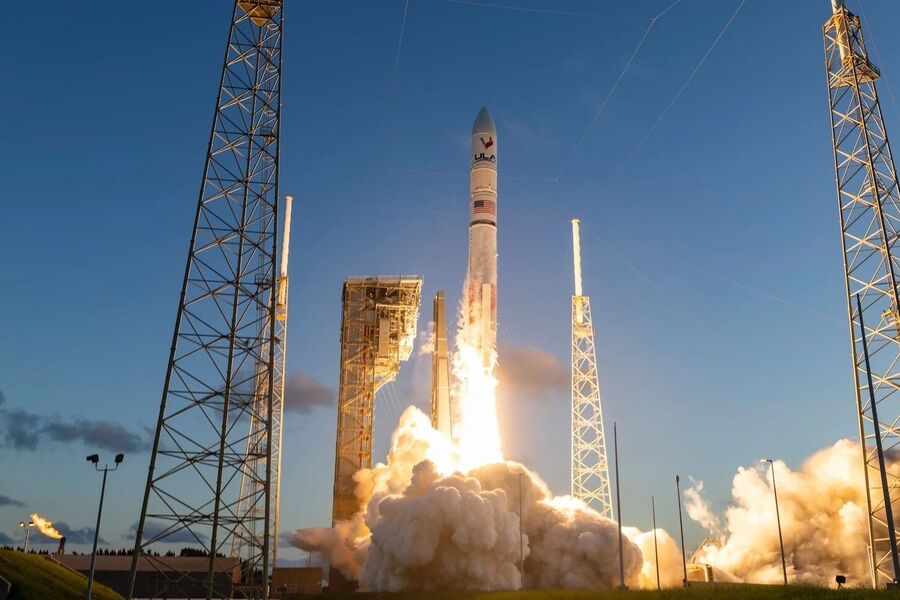Amazon and ULA Prepare for Second Project Kuiper Launch
Cape Canaveral, FL — Amazon and United Launch Alliance (ULA) are set to launch the second batch of satellites for Project Kuiper, Amazon's ambitious satellite internet initiative. The mission, designated Kuiper-2, is scheduled for liftoff on Friday, June 13, 2025, at 2:29 p.m. EDT from Space Launch Complex 41 at Cape Canaveral Space Force Station.
This launch follows the successful deployment of 27 satellites during the Kuiper-1 mission on April 28, 2025. The upcoming Kuiper-2 mission will similarly deploy 27 satellites into low Earth orbit at an altitude of approximately 630 kilometers. These satellites are part of Amazon's plan to establish a constellation of 3,236 satellites aimed at providing global broadband internet coverage, particularly targeting underserved and remote regions
The Atlas V 551 rocket, ULA's most powerful configuration, will be used for this mission. Equipped with five solid rocket boosters and a medium-length payload fairing, the rocket is designed to handle the heavy payload and ensure precise deployment of the satellites.
Amazon has committed over $10 billion to Project Kuiper and has secured contracts for 92 rocket launches across multiple providers, including ULA, Arianespace, Blue Origin, and SpaceX. The company aims to have half of its satellite constellation operational by July 2026, in compliance with its Federal Communications Commission license.
The weather forecast for Cape Canaveral on June 13 indicates mostly cloudy and humid conditions with a chance of thunderstorms. While weather can be a variable factor in launch schedules, ULA and Amazon are prepared to proceed with the mission as planned, pending final range approval.
Spectators interested in witnessing the launch can find viewing opportunities through the Kennedy Space Center Visitor Complex, which offers information on launch schedules and viewing locations.
As Project Kuiper progresses, Amazon's efforts signify a significant step toward expanding global internet access and entering the competitive satellite broadband market.
